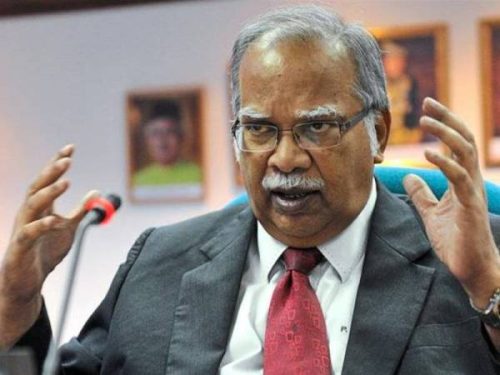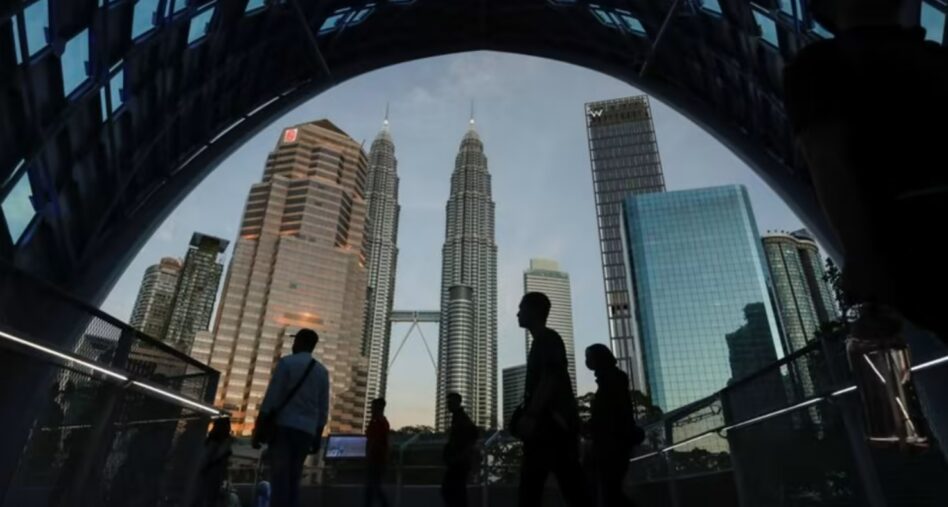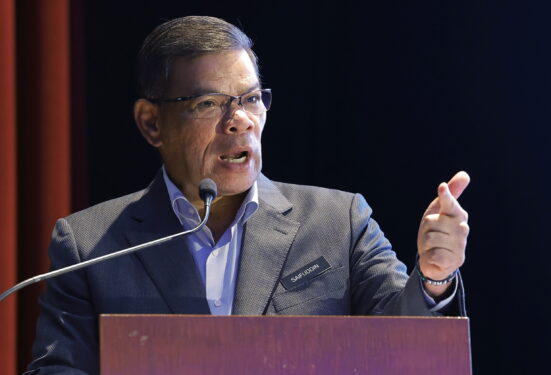IF workers have rights, there is no necessity for minimum wage, and there is no need for academic research to spell out the direct correlation between low wages and the lack of unionisation.
It is simple and straightforward that low unionisation leading to the lack of freedom for labour to determine their wages through a system of collective bargaining is the fundamental cause of low wages in the economy.
While less than 10 percent of workers are organised in the private sector, the public or the government sector, employees cannot even think of having unions.
Low miserable wages are not just the characteristic of the private sector but also the public sector especially employees in the lower categories.
If there is greater degree of unionisation in the country with the provision of collective bargaining in wage determination, there is no need for the Government to be involved in wage determination especially in the stipulation of minimum wage.
I wonder whether the Government’s involvement in wage determination or minimum wage is to protect workers or to cushion employees from the adverse effects of low wages.
How can the passage of minimum wage can be considered as something that is pro-employees when the matter of decent living wage is not addressed?
The minimum wage was last increased in February 2020 from RM1,100 to RM1,200 per month which is hardly sufficient to address the basic material subsistence of workers.
It is said that an individual needs RM2,700 for basic subsistence needs (urban areas) and it is another story if they have a family or a non-working spouse.
Despite the overt or covert pro-employers stand, employers are never happy with the provision or a compulsory legislation on minimum wage.
For them, wages should be determined by the interaction of the market forces of supply and demand.
Such an argument can be accepted if unions are free to organise and engage in collective bargaining with hardly any Government intervention except under extreme political and social conditions.
But in Malaysia, the Government’s role is preponderant when it comes to the labour sector.
The Government restricts the freedom of workers and unions by passing and strengthening legislations.
How can the interaction of supply and demand take place if the hands of unions are tied and employers are given a free hand?
The minimum wage suggested by the government is the greatest disservice to workers in the country.

It not only fails to address the question of a decent living wage but such a suggestion seems to protect and advance the interests of employees both in the public and private sectors.
I am not saying that there is no need for bare minimum wage because something better than nothing.
However, its passage is a sad indication that something is seriously lacking in addressing the welfare and well-being of workers in the country.
Exceptionalism cannot be used as an argument to deny minimum wage.
Of course, there are employees who have raised income to overcome the shortage of labour.
They have no choice but to raise wages to recruit and retain employees.
In such circumstances, the long hand of the Government has not been effective in controlling wages.
If employers want to pay higher wages to their employees, there is nothing to prevent this but this is an exception rather than a rule.
Since the derivation of high profits are dependent on the payment of low wages, there is no propensity to pay high wages.
Recently, the Malaysian Employees Federation (MEF) urged the Government to not approve the minimum wage suggested by the Ministry of Human Resources.
It was argued that the private sector will need some time to recover from the deleterious impact of the COVID-19 pandemic.
The imposition of minimum wage might be harmful to industries that are struggling to recover.
This is a strange argument on the part of the MEF who is supposedly the protector of firms in the private sector.
Even if this is a valid argument, I find it strange that MEF did not defended the minimum wage during good economic times especially before the onset of the pandemic.
Why this double-standard on the part of MEF?
The Human Resource Ministry plays a secondary role to other Government ministries and departments.
It lacks the insight or critical imagination to carve out long-term policies on human resource needs by the country.
While the procurement of cheap foreign labour seems to interest the Government with deals being made in some foreign capitals, the sad plight of local labour has been ignored.
If the ministry pays sufficient interests on the state of trade unions and workers, there is no need for the introduction of the miserable minimum wage.
It about time that the Government thinks about workers as human beings and what material requirements are necessary to have a decent living in the country. – Feb 7, 2022
Prof Ramasamy Palanisamy is the state assemblyperson for Perai. He is also deputy chief minister II of Penang.
The views expressed are solely of the author and do not necessarily reflect those of Focus Malaysia.










